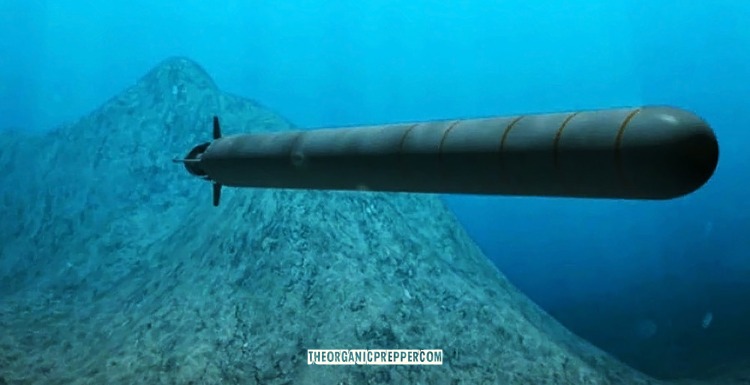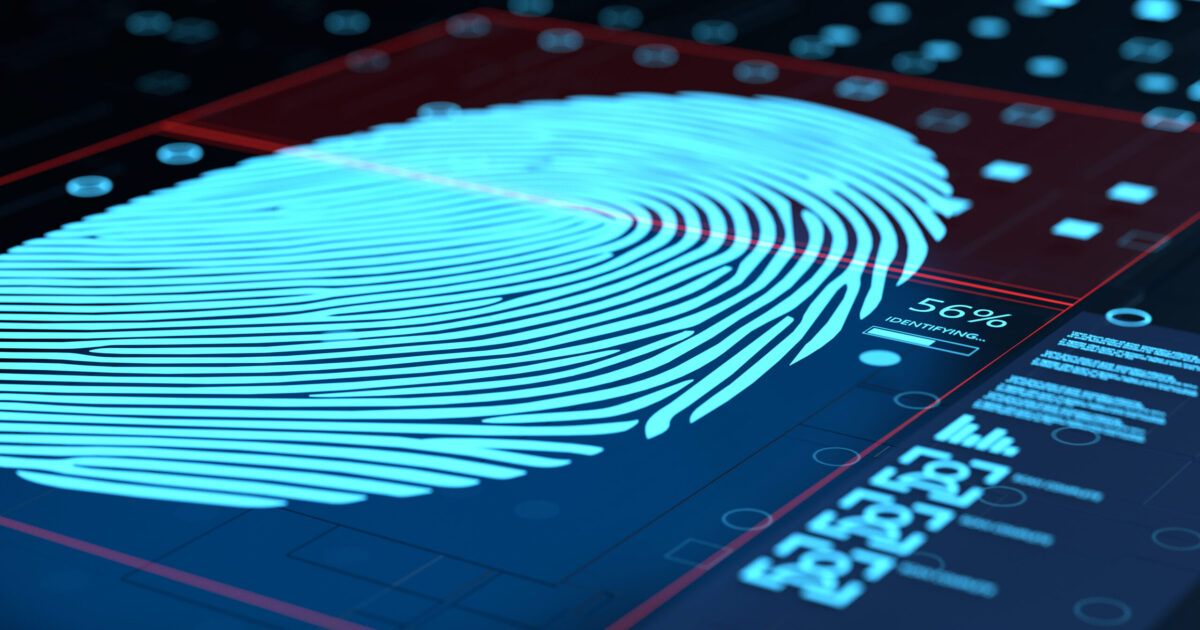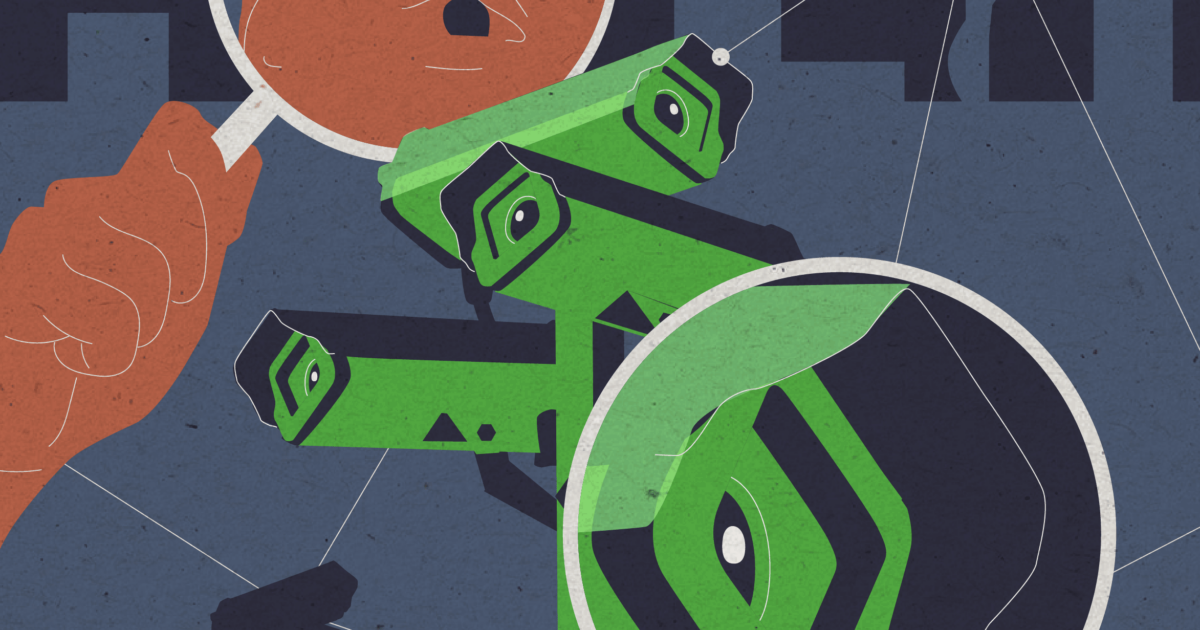If you’re new here, you may want to subscribe to my RSS feed. Thanks for visiting!
(Psst: The FTC wants me to remind you that this website contains affiliate links. That means if you make a purchase from a link you click on, I might receive a small commission. This does not increase the price you’ll pay for that item nor does it decrease the awesomeness of the item. ~ Daisy)
By the author of The Faithful Prepper and Zombie Choices
Throughout human history, mankind has recognized the importance of waterways. It is for this reason that cities and towns throughout the world are commonly found clustered along rivers, lakes, or by the shore. Water makes the transportation of large amounts of goods both efficient and economical.
Water also makes moving large amounts of soldiers, munitions, weaponry, food, or other wartime logistical goods both efficient and economical.
It’s because of this recognition that throughout history, nations have built as powerful of navies as they could manage. Not only did this help to protect their nation’s borders (enemies would have a more difficult time with logistics for an amphibious invasion), but it helped to protect a nation’s mercantile ships and gave nations the means to strike back at an overseas invader.
Pain as a deterrence works.
One doesn’t have to look far to see the military importance here. The birth of the US Marines as they fought the pirates of Tripoli would be a prime example. An American navy not only made it possible for us to rescue enslaved Americans in Africa, but it made it so that Tripoli was afraid to enslave Americans again in the future.
In World War II, the reason the Japanese attacked Pearl Harbor was that they knew it was the site of the bulk of America’s Pacific fleet. With the US Navy on its knees, Japan would have fuller control over the Pacific Theater, able to invade nations as it pleased them.
World War II also caused the world to realize the importance of the aircraft carrier. Here was an invention that perfectly melded both air and sea capability. Without air superiority in modern conventional warfare, one stands a slim chance of victory. Aircraft carriers help to provide that air superiority.
What’s the point?
The point is this: what if there were a way to take out an entire fleet at the push of a button? If so, could it not render an opponent completely incapable of a military response in a geographic region? All troops on the ground would be left without any form of resupply other than that which was available via land or by air. Planes would have to utilize accommodating air strips. Bombardment by sea would no longer be a possibility.
How long would it take for resupply to take place? What would the cost be? How long would it take for an opponent’s remaining naval forces to rebuild and come back to the area?
The destruction of…




 Ukrainian soldiers at an old parade.
Ukrainian soldiers at an old parade. 



